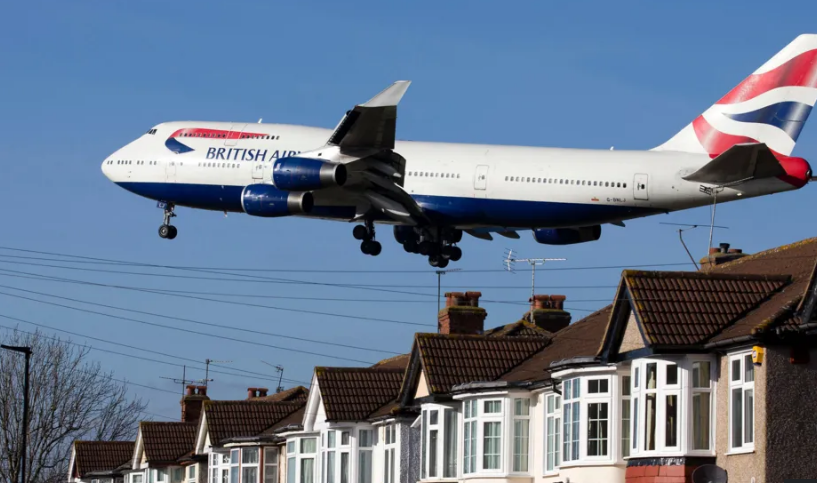The UK government is set to announce a major overhaul of its airspace, aiming to reduce delays, cut journey times, and prepare for emerging aviation technologies. The plan includes the formation of a new body, the UK Airspace Design Service (UKADS), which will be tasked with redesigning flight paths across the country for the first time in decades.
Much of the UK’s current airspace infrastructure dates back to the 1950s, when air traffic volumes were a fraction of what they are today. Back then, around 200,000 flights passed through UK skies annually. That number soared to 2.7 million last year.
The first phase of the overhaul will focus on the congested airspace around London, where five major airports operate in close proximity. Ministers argue that reconfiguring these flight paths could lead to more efficient take-offs and landings, fewer delays, and reduced emissions.
“Modernising our airspace is one of the simplest and most effective ways to cut pollution from aviation,” said Aviation Minister Mike Kane. “It will also help ensure the industry is ready for the future, including innovations like flying taxis.”
The government says the redesign could enable aircraft to climb more quickly during take-off and descend more smoothly before landing, both of which would cut fuel use and lower emissions.
However, not everyone is convinced. Environmental and community groups have voiced concern that the changes could result in new flight paths over residential areas that previously experienced little or no aircraft noise.
CAGNE, a campaign group representing residents in Kent, Surrey and Sussex, warned that new routes could disrupt previously unaffected neighbourhoods.
Dr Alan Lafferty, a long-time resident of Chiswick, expressed concern over increased noise from Heathrow landings. “Planes already fly close enough to drown out conversations. Any closer would be a nightmare,” he said.
Others support the initiative, saying it’s long overdue. Frequent traveller Tim Keevil from Basingstoke said Heathrow is “undersized and understaffed” and called the airport “a national embarrassment.” He believes the changes could help alleviate pressure on the system.
While the government says the airspace modernisation is necessary for a sustainable aviation future, concrete changes are not expected to take effect for several years, with planning and consultations still in early stages.


